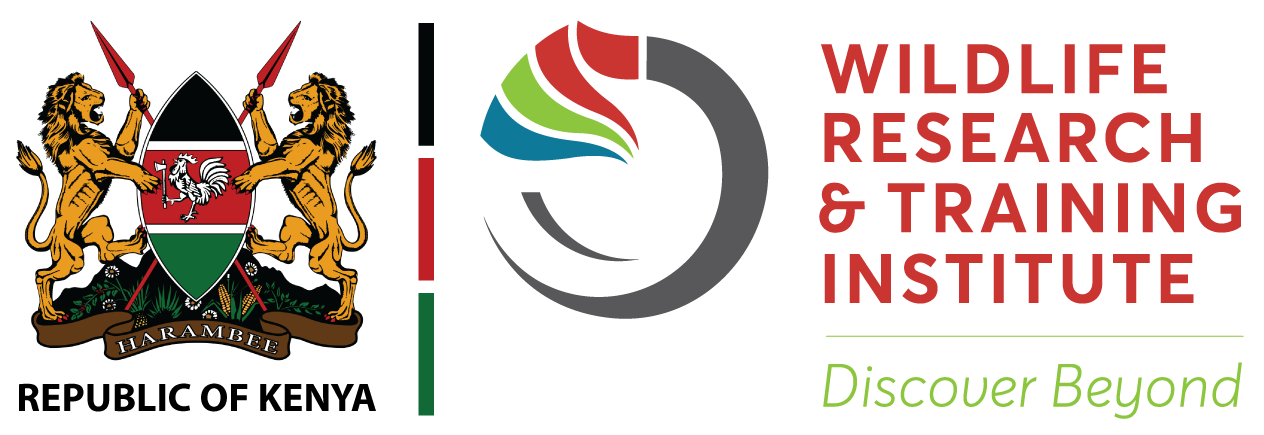On February 18, 2025, the Institute’s Director Dr. Patrick Omondi officially opened the Interventions in Wild Animal Health (IWAH) field course training at the Institute’s headquarters in Naivasha.
The three-week training was organized by the Wildlife Health Bridge consortium, which includes the Zoological Society of London, the Wildlife Institute of India, the University of Edinburgh (Royal Dick School of Veterinary Studies), the University of Melbourne, Toronto Zoo and Royal Veterinary, London.
Dr. Omondi thanked the team for choosing to host the training at the Institute, adding this was the first time that the course was being held in the country after it was held successfully in India in 2016.
“This course aims to strengthen the capacity of wildlife veterinarians especially in biodiverse, low-income countries where conservation efforts require enhanced professional support for wildlife health. Drawing from the success of the programme in India, I am confident that expanding the course to other parts of the Global South enhances the capacity of wildlife health professionals to address modern-day conservation challenges,” he said.
He emphasized the significance of a robust wildlife health system in Kenya, highlighting the country’s unique open ecosystem.
“This training is timely and critical in strengthening our capacity to monitor and respond to emerging wildlife health issues. Kenya’s open ecosystem allows for free-ranging wildlife, making disease surveillance and intervention a key priority in conservation efforts,” Dr. Omondi stated.
He noted that this dynamic environment presents both opportunities and challenges for wildlife health management, necessitating continuous research, training, and collaboration.
The participants participated in specialized training on wildlife population monitoring, disease outbreak investigations, and techniques for capture, restraint, and anaesthesia.
Further, they engaged in both theoretical and field-based learning at the Institute’s Wildlife Sanctuary, Hells Gate National Park and Marula Ranch to enhance their expertise in wild animal health interventions.
The course has attracted 27 wildlife veterinarians from 13 countries including Kenya, Uganda, Nigeria, Hungary, Australia, Canada, Belgium, the UK, China, Spain, India, Nepal and Finland.

